Co-chairing the meeting were: Member of the Party Central Committee, Secretary of the Da Nang City Party Committee Le Ngoc Quang.
Many recommendations for amendments and adjustments to the Law and Decree
According to the report of the People's Committee of Da Nang City, from July 1st to now, the 2-level local government model has been implemented on the basis of merging the entire former Quang Nam province into the former Da Nang city.
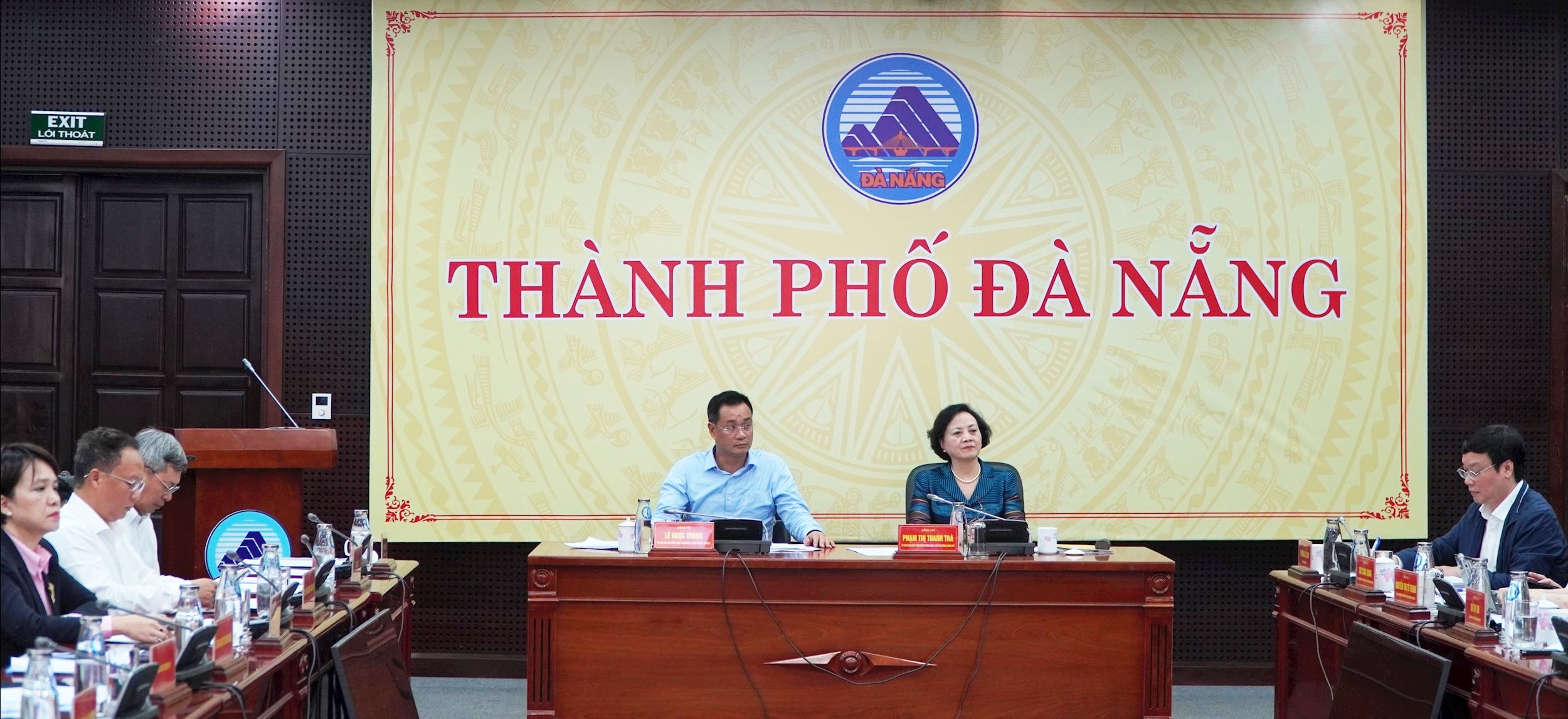
After more than 4 months of operation, the apparatus is basically stable and smooth. The city has 94 commune-level administrative units, including 70 communes, 23 wards and 1 special zone; at the same time, 14 specialized departments were reorganized from 12 old departments and a number of special units were retained.
The reorganization process was associated with large-scale staff reduction: nearly 3,000 cadres, civil servants, and public employees retired or quit their jobs, more than 2,000 non-professional commune-level people quit their jobs; the city paid more than VND3,065 billion to cases subject to downsizing.
Along with that, the Public Administration Service Center system was deployed from city to commune level; 96.1% of administrative procedures were provided online with 1,046 full-services. State management activities, serving people and businesses were maintained stably, security and order were ensured.
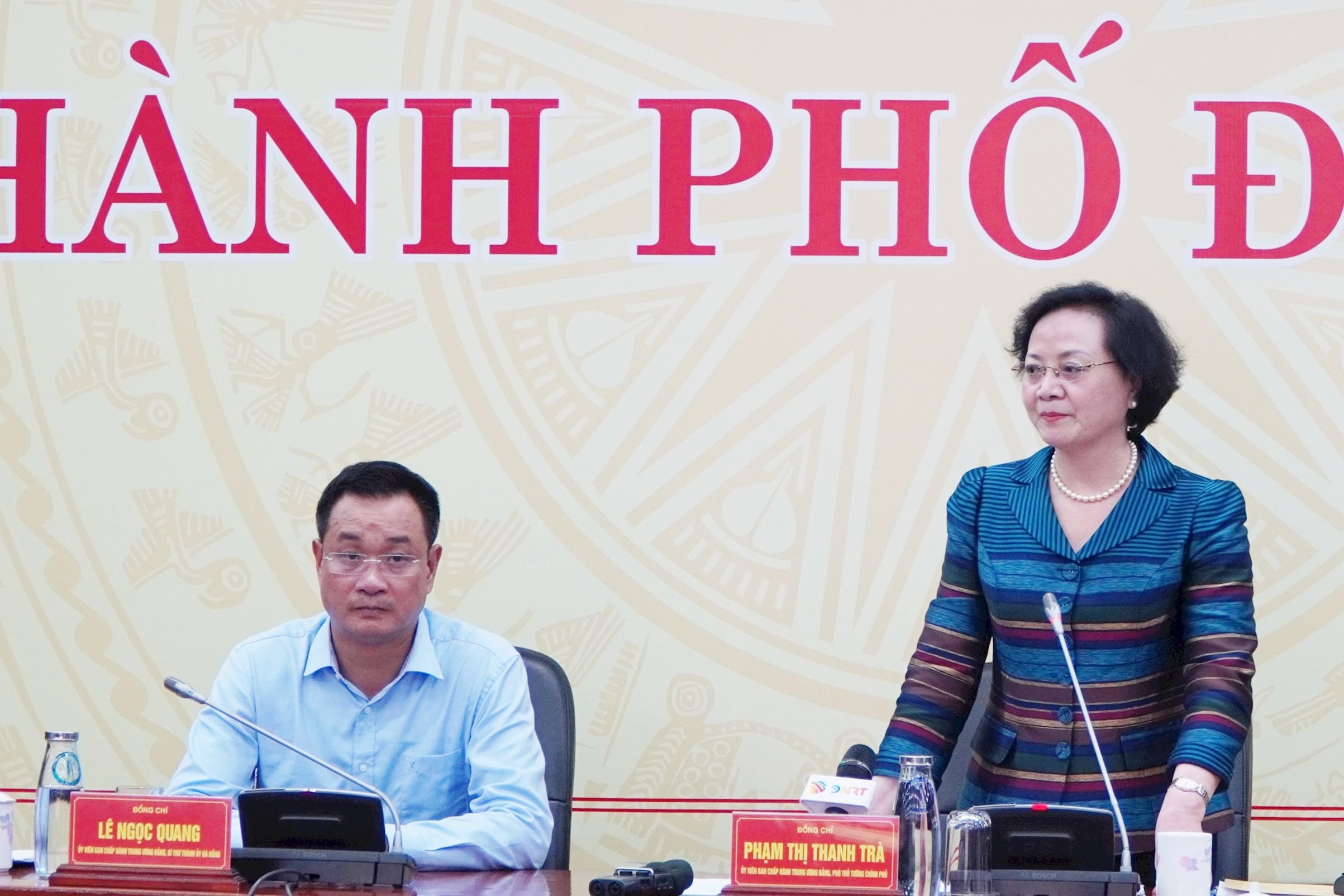
However, the implementation process has also encountered many difficulties and problems. Some laws and decrees have not been amended or have not been provided with uniform guidance, leading to overlapping authority and confusion in implementation. Ministries and branches have strongly decentralized administrative procedures but have not yet fully handed over the national database, nor have they provided unified professional training, making it difficult for communes to process records within the time limit and according to procedures.
There is a lack of specialized human resources at the commune level; many places lack qualified staff in information technology, land management, finance - accounting, planning - construction or agriculture. Rigid regulations on the number of specialized departments at the commune level are not suitable for areas with large populations or complex terrain, leading to a sharp increase in workload while staffing is limited.

Infrastructure and working conditions are still limited. Many commune headquarters are degraded, lacking public housing; LAN network is weak, many mountainous communes still have "wave" conditions; document archives are not up to standard, old paper documents have not been edited, making digitization difficult. The city does not have a mechanism for increased income, and the handling of 256 surplus real estate facilities is slow due to legal problems.
The City People's Committee recommends that the Central Government promptly complete the amendment of legal documents, issue professional guidelines, and complete the legal procedures for land and public assets in a streamlined and flexible manner.
The city also proposed to soon hand over the national database and organize professional training before decentralizing strongly to the commune level; at the same time, it requested the Ministry of Home Affairs to consider salary and additional income mechanisms suitable to the characteristics of difficult areas.
Secretary of the Da Nang City Party Committee Le Ngoc Quang said: Da Nang currently has two parallel characteristics: the advantage of a developed urban area with infrastructure and digital transformation capabilities among the top in the country, but at the same time, there are mountainous areas similar to the highland provinces. The operation of the 2-level model in mountainous communes therefore has its own characteristics and needs to be considered comprehensively.
Regarding the operation of the apparatus, the Secretary of the Da Nang Party Committee assessed that in the past time, commune and ward officials have made great efforts in the context of both deploying the new apparatus and studying, adjusting and handling arising tasks, especially during the recent historic floods. In particular, localities have proactively mobilized local forces and responded flexibly, initially showing the effectiveness of the new model, although there are still points that need to be learned from in coordinating forces and equipment in deep flooded and mountainous areas.

The Secretary of the Da Nang Party Committee said that the city is continuing to streamline and reduce intermediate levels; at the same time, reviewing the consolidation of project management boards with overlapping functions; implementing the policy of sending officials from the city to the grassroots level, and arranging officials from departments to support communes and wards in necessary fields.
However, the city leaders also admitted that there are still some cadres who are hesitant when being transferred to the grassroots. This makes it difficult to increase human resources. The status of handover documents between units is still pending, many unfinished projects have not completed documents, making the settlement process difficult.
Regarding investment decentralization, the city is temporarily assigning communes and wards to be investors in projects under 20 billion VND, but more specific instructions are needed to avoid overloading or missing tasks in large areas.
The Secretary of the Da Nang City Party Committee proposed that the Central Government soon have a plan to remove obstacles as well as specific instructions to operate the two-level local government model more effectively in the area.
The key requirement is to soon perfect the commune-level cadres.
Concluding the working session, Deputy Prime Minister Pham Thi Thanh Tra acknowledged the initial results of Da Nang, saying that in the context of heavy damage caused by natural disasters, the city still achieved many important results.
Accordingly, the high economic growth rate and budget revenue exceeding the same period are positive signals; the new apparatus operates relatively stably and smoothly from the city to the commune level, and many problems arising after the merger have been basically handled.
The Deputy Prime Minister also pointed out a number of limitations such as: the capacity of a number of grassroots cadres has not met the requirements; the new model has just been implemented and completed, so there are still many problems; strong decentralization to the commune level but capacity is not uniform, and the workload has increased dramatically.
The Deputy Prime Minister suggested that Da Nang focus on a number of major tasks in the coming time. In particular, building a team of communal-level officials and civil servants is identified as the "key of the key", so the city needs to review and arrange suitable human resources, foster expertise according to the needs of each field, improve management skills, in the spirit of service and development creation.

At the same time, complete the organization of the commune-level apparatus according to the decree being amended. The arrangement of departments and divisions must be flexible and suitable to the characteristics of each locality; implement the classification of administrative units, including "special" wards to create favorable conditions for development.
Review the entire decentralization mechanism to ensure that task assignment is coupled with resource assurance. The Government is studying a project to train human resources at the commune level and finalizing guidelines for localities to proactively implement.
The Deputy Prime Minister also agreed with the proposal on salary and additional income mechanisms; encouraged Da Nang to propose pilot models in digital transformation, urban governance, public asset management...
The Deputy Prime Minister affirmed that the past four months were only the beginning, but the results achieved were of great significance for Da Nang to continue implementing the goals of 2025 and the following stages .
+ On the same afternoon, Deputy Prime Minister Pham Thi Thanh Tra and her delegation visited and inspected the operations of the Hai Chau Ward Public Administration Service Center.
Source: https://daibieunhandan.vn/pho-thu-tuong-pham-thi-thanh-tra-lam-viec-voi-da-nang-sau-4-thang-van-hanh-chinh-quyen-dia-phuong-2-cap-10396126.html








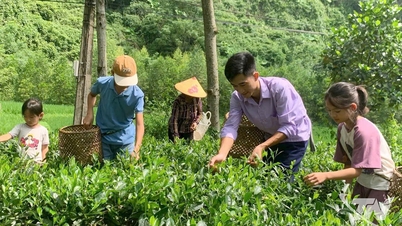





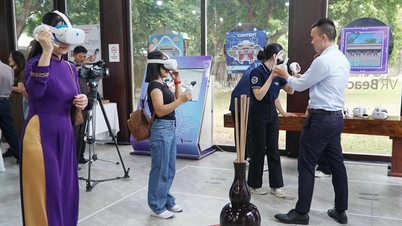
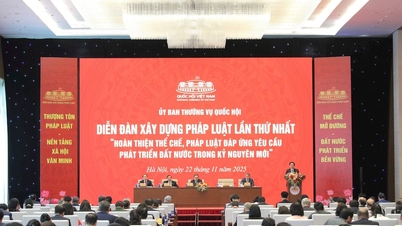
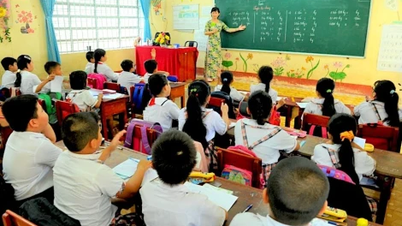



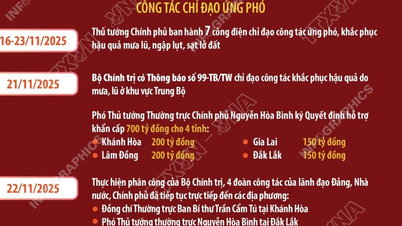




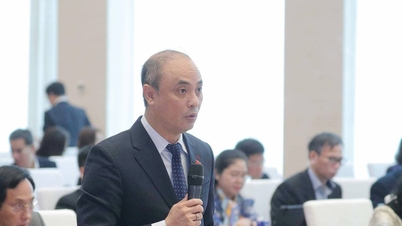




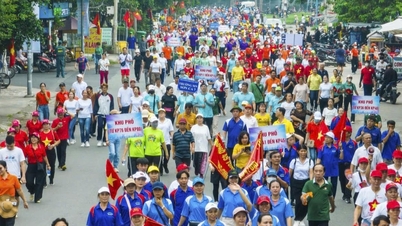
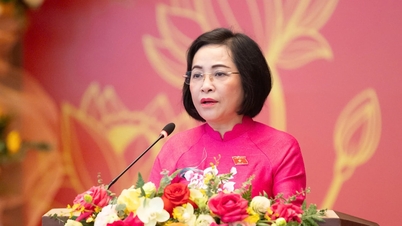
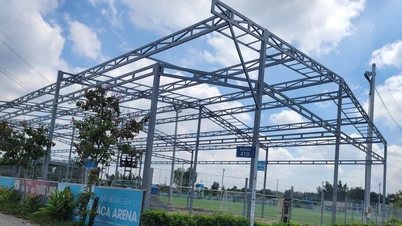

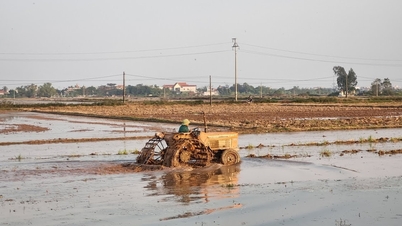
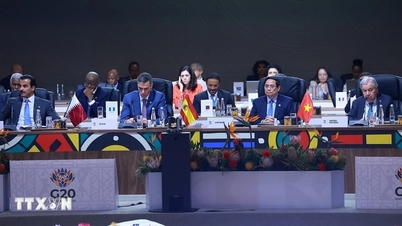

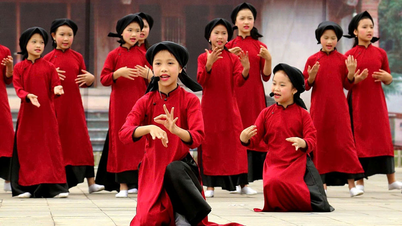








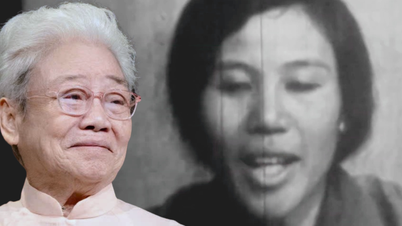


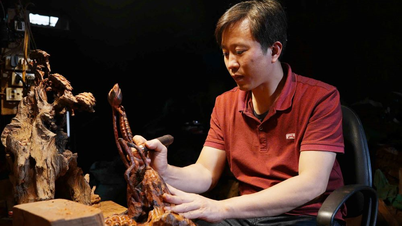

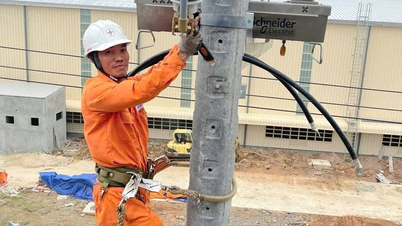


















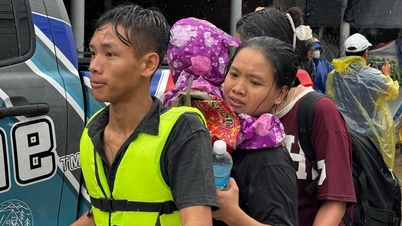



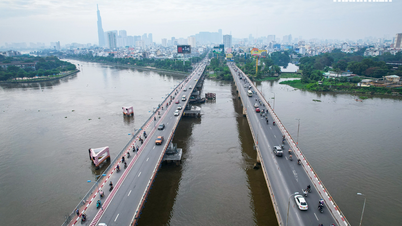
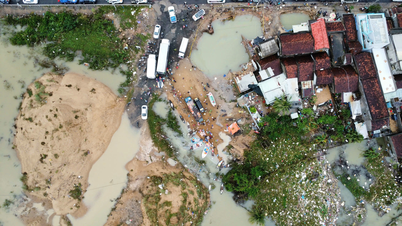


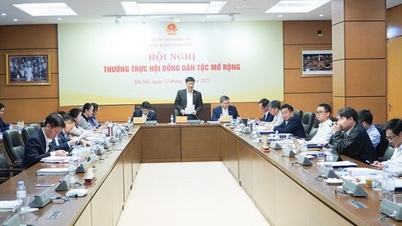
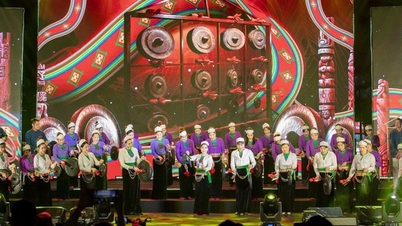



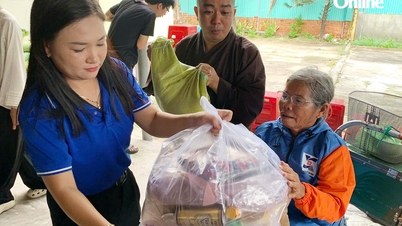

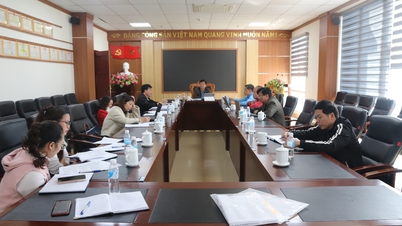

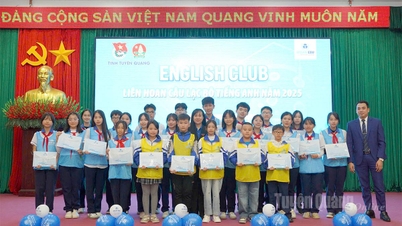

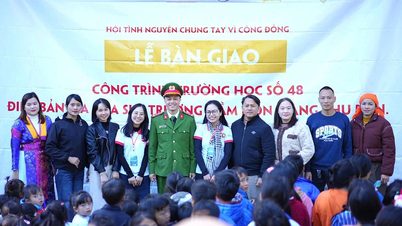
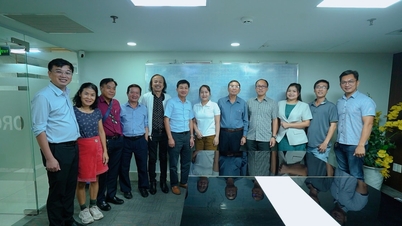


















Comment (0)